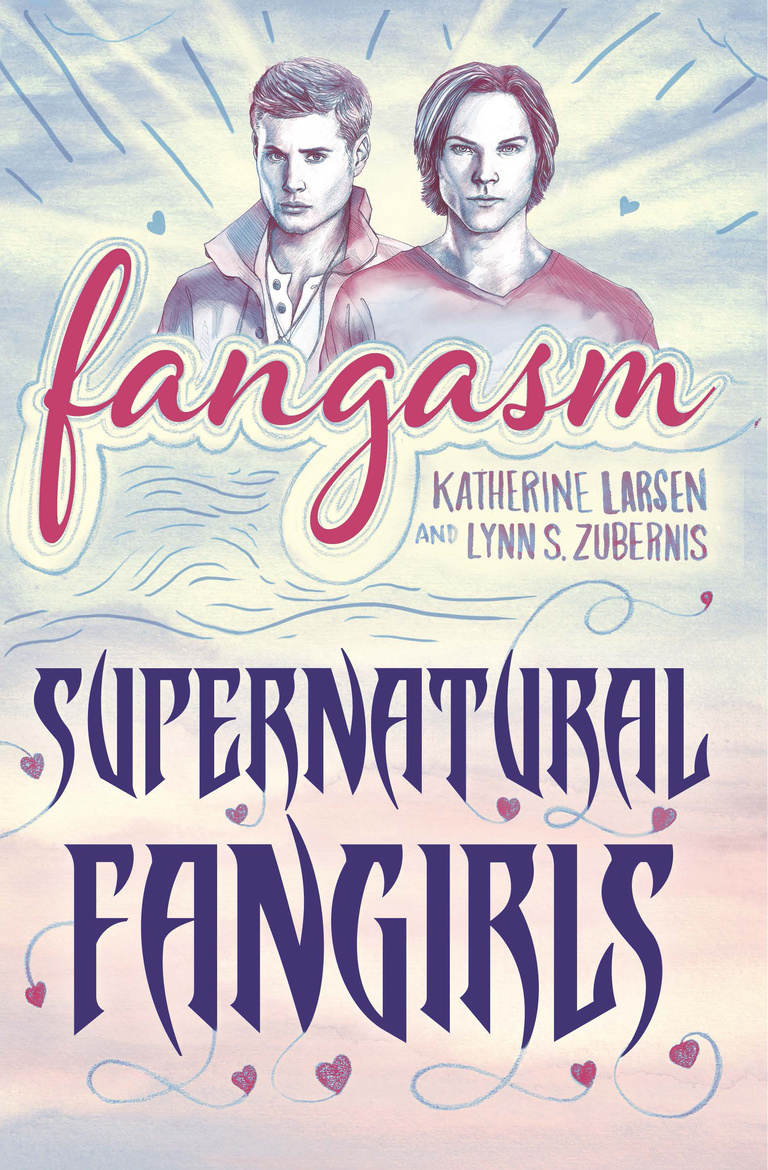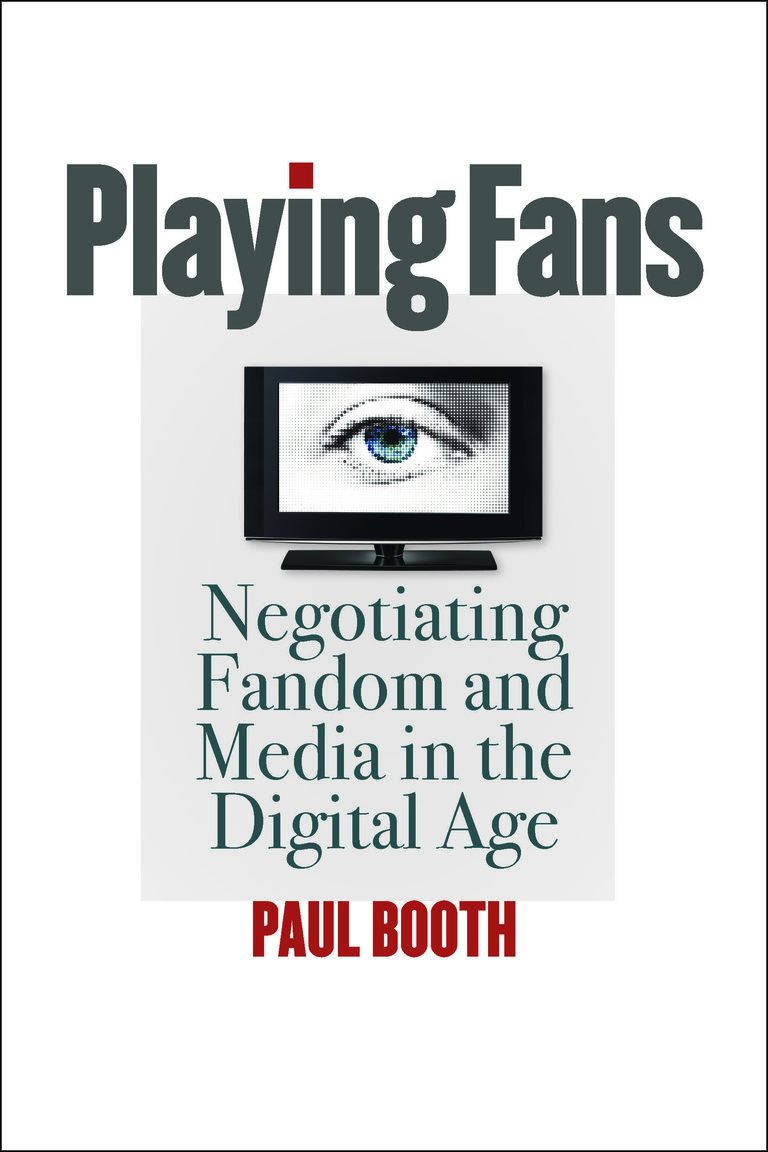This is the story of the Mad Men fan phenomenon: how the show and its fans distinguished themselves in a market where it’s hard to make an impression, not unlike the driven ad execs at the center of the show. In this book, four media psychologists who also just happen to be dedicated Mad Men fans explore how the show’s viewers make meaning from fictional drama. The authors also interviewed several contemporary advertising industry professionals, getting their inside view of the business in its modern guise and what they make of the show’s vision of their past. The result is cutting-edge psychological research that crunches and codes online fan commentary to understand the ways that people use the show to debate complex social issues, from sex and alcohol to gender roles, parenting, and advertising itself. What do the 1960s mean to us today, and how well does the twenty-first century measure up against that famously turbulent decade? Which characters do fans identify with—and which ones do they love to hate? How would fans unfurl the Mad Men storylines if they were in charge? What makes a good man, and has it changed over time? How should husbands and wives treat each other, and how should parents treat their children?
In answering these questions, the authors explore not just the online commentary but also Mad Men fans’ fan fiction, cosplay, cocktail making, and vintage furniture collecting. Whether tweeting as one of the main characters (or just a lowly mail clerk), setting Peggy up with the man who’ll treat her right, or figuring out just which “Mad Man” they are at heart, fans integrate the show into their lives and use it to make sense of their own choices in work, leisure, and love.
"Mad Men enthusiasts, media and social studies scholars, and pop culture critics will dig this study about the psychology of fandom."—Library Journal
“The most fun you can have when you’re not watching Mad Men . . . learning about the new world of storytelling where fans aren’t just spectators anymore.”—Helen Klein Ross, @bettydraper
“A timely and thoughtful exploration of fans’ active engagement with the series and how we, as audience members, make sense out of the media we consume, often by reshaping that media to reflect our own values and desires.”—Katherine Larsen, coauthor, Fangasm: Supernatural Fangirls



